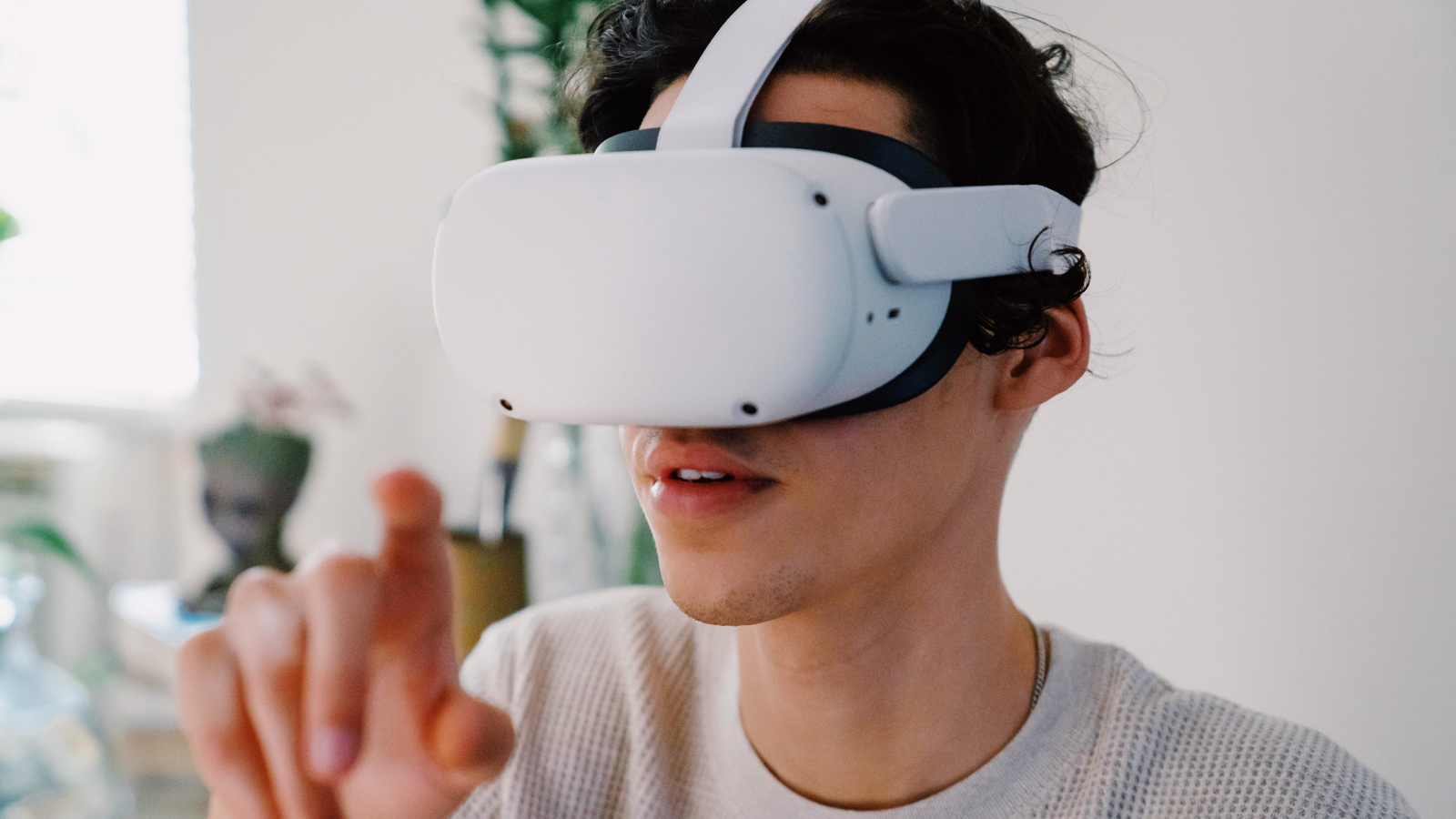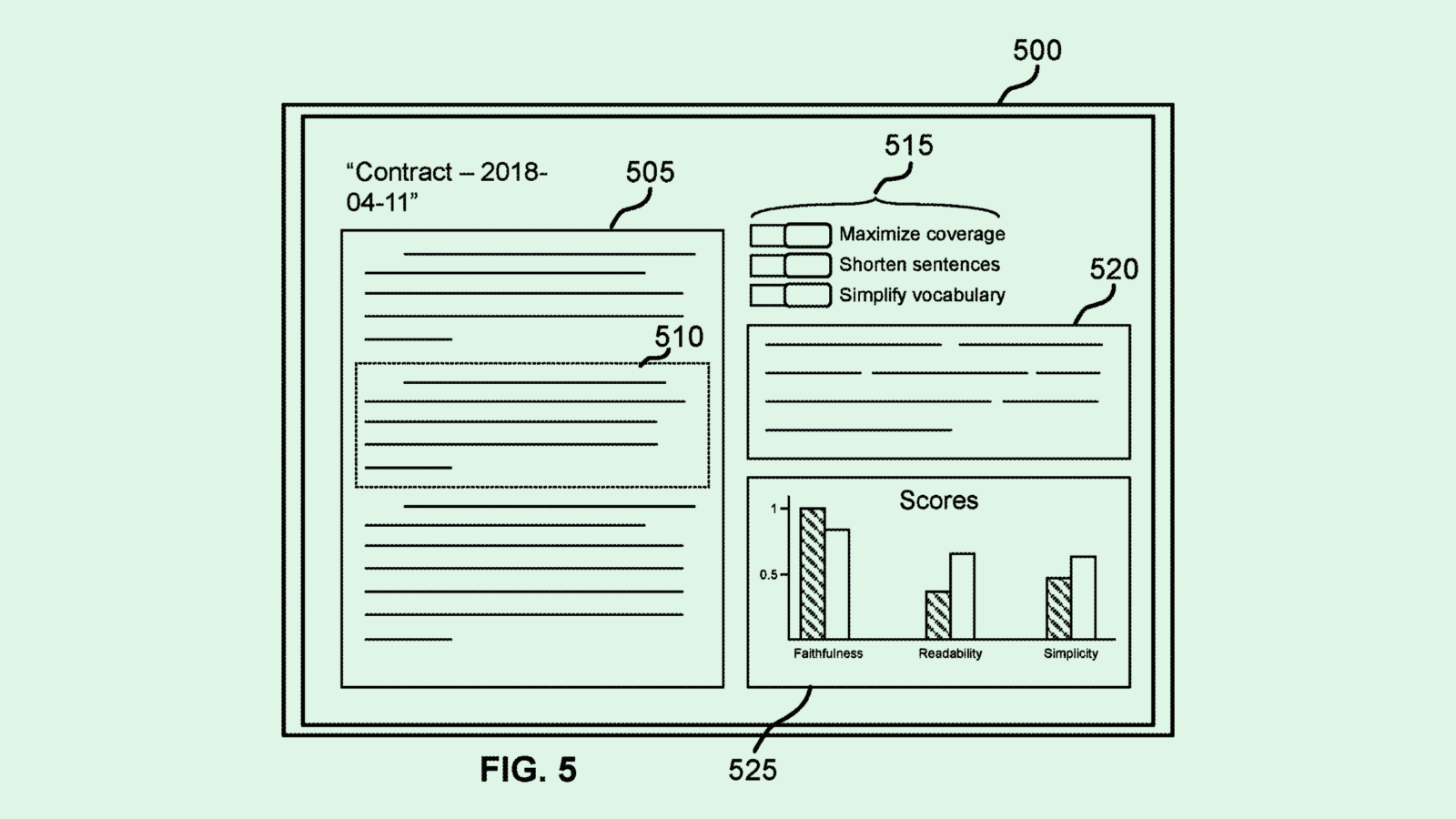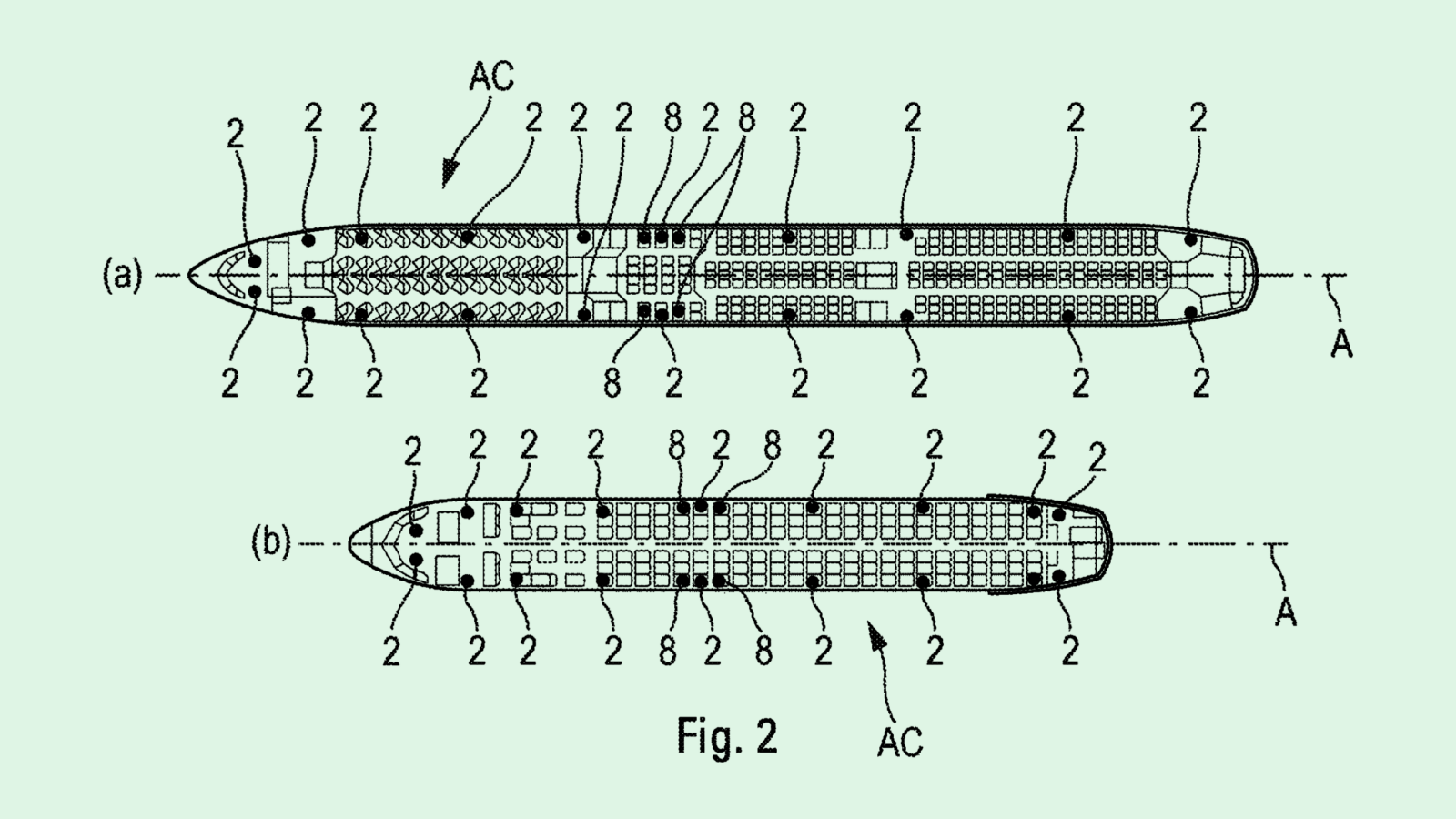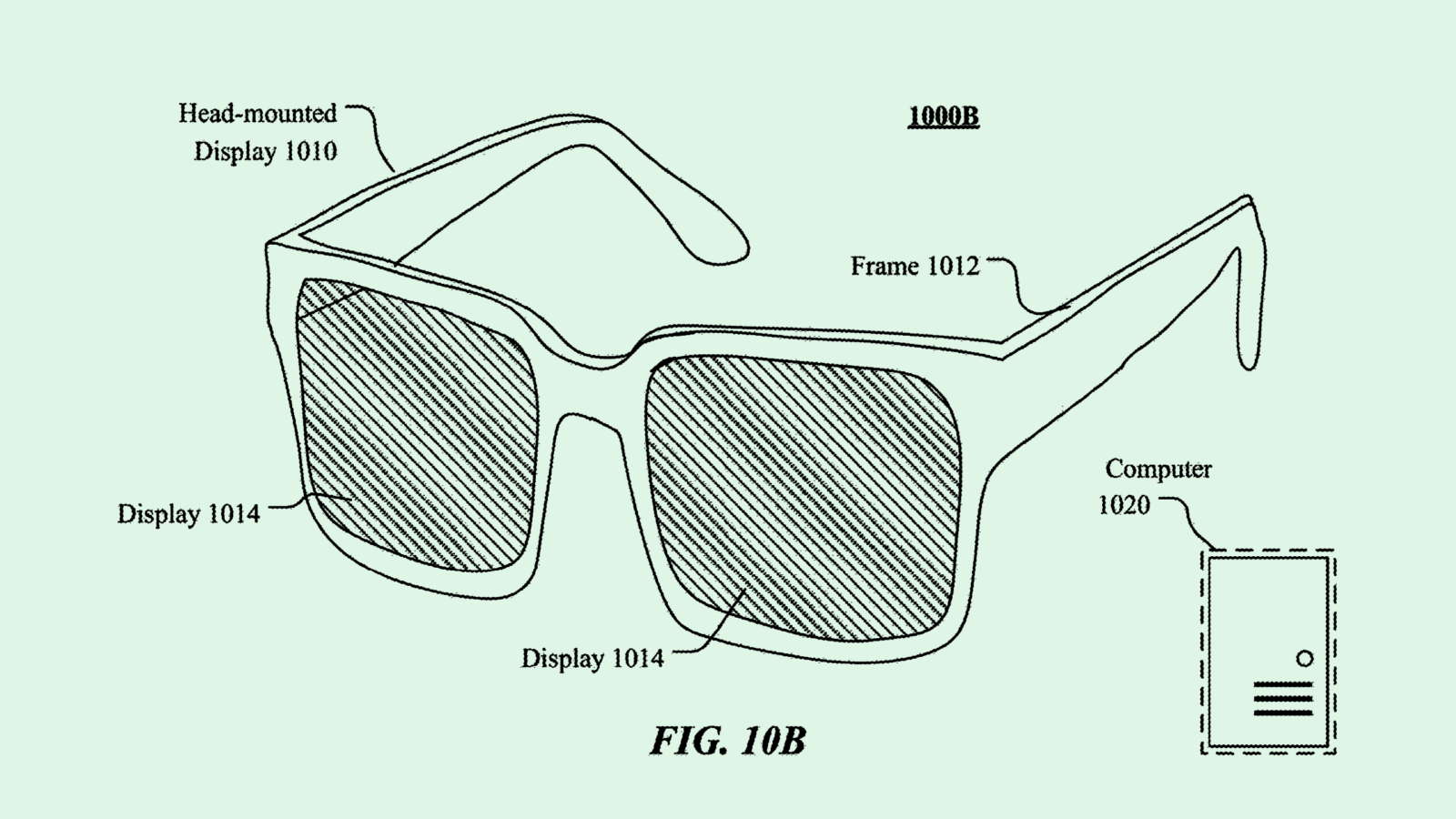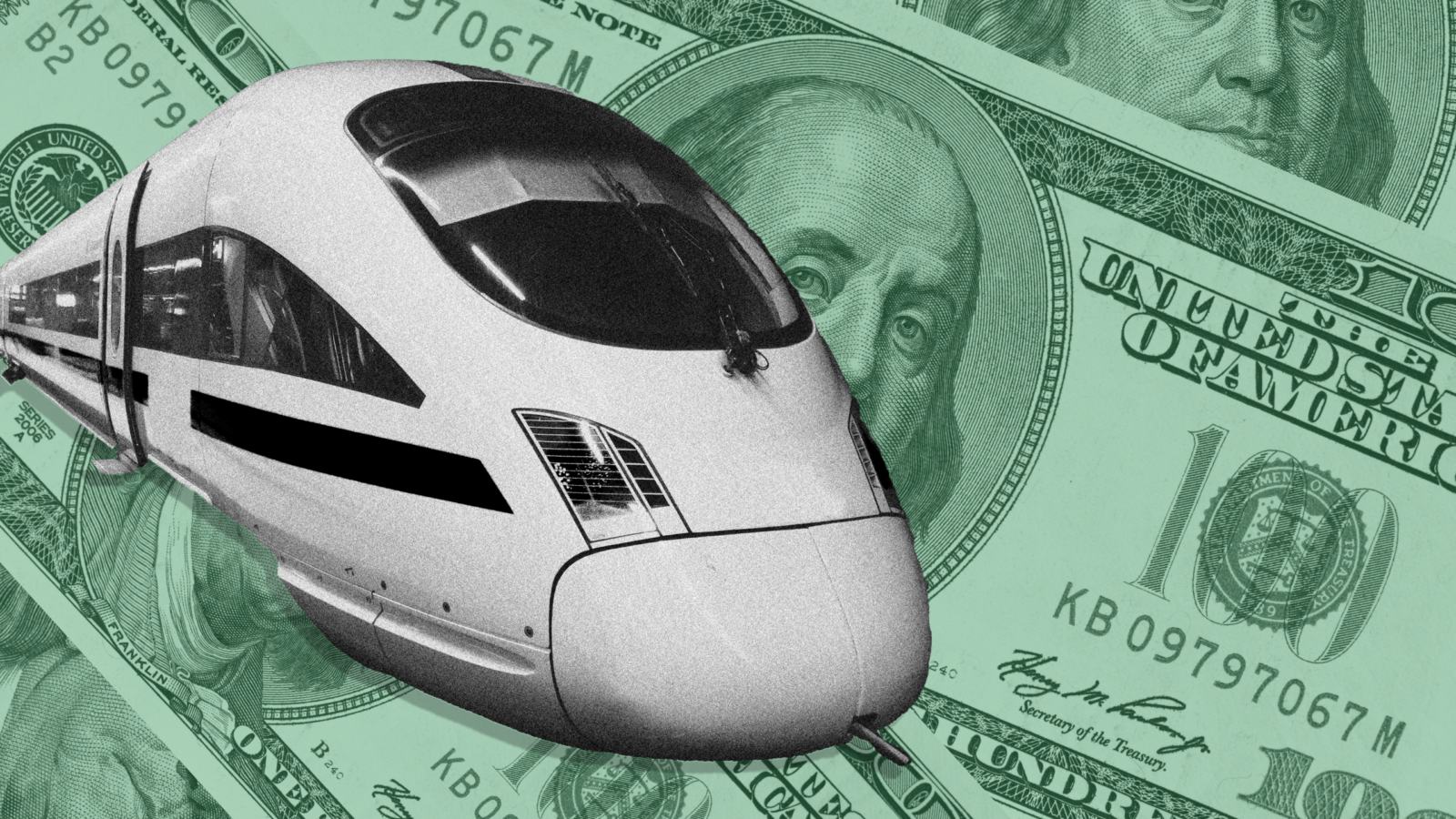Intel Minmaxes AI Game Rendering
Intel is assigning an AI to do it’s cost benefit analysis.
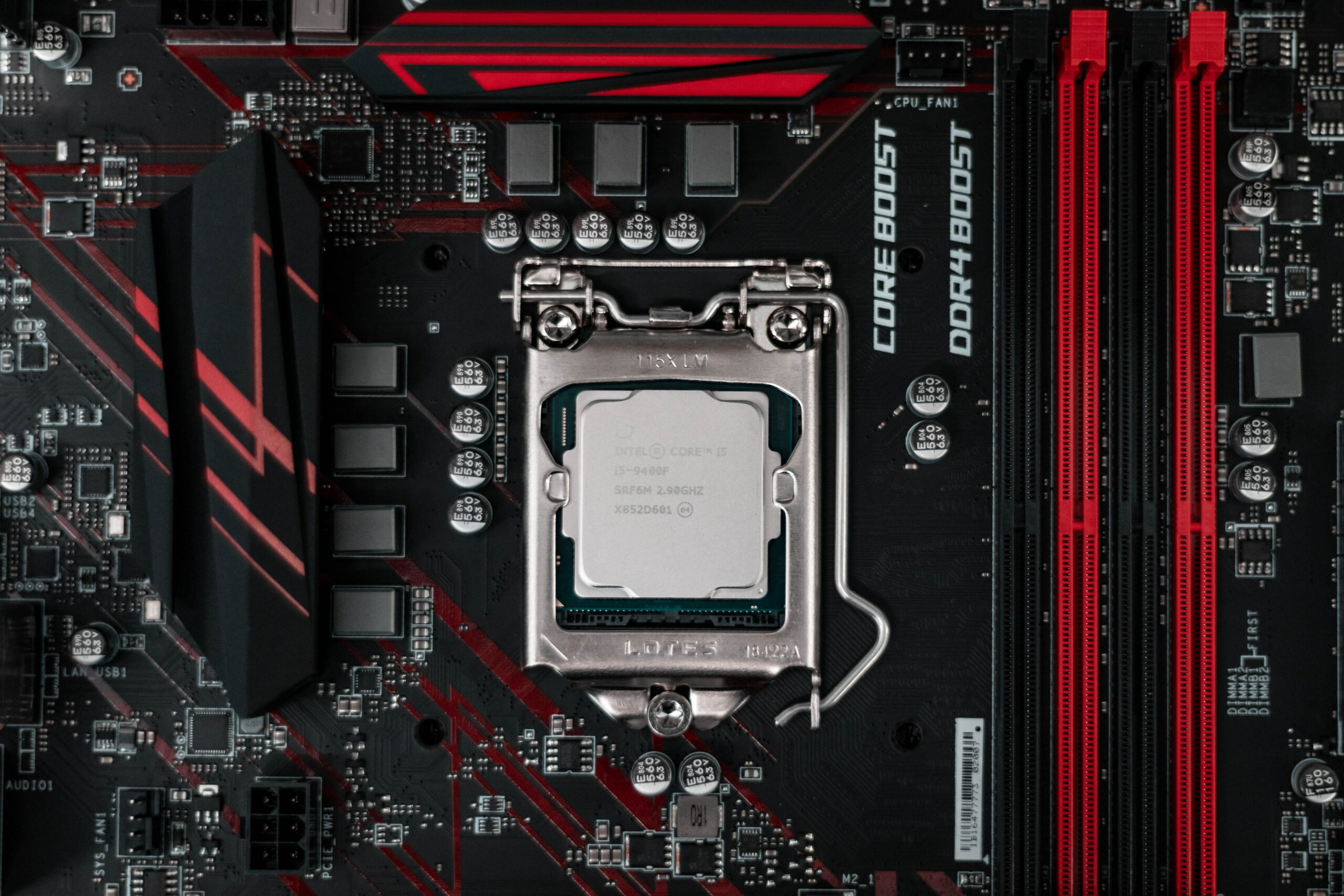
Sign up to uncover the latest in emerging technology.
Intel’s tired of doing cost-benefit analysis. It’s making AI do it instead.
It may sound a little meta, but Intel is working on tech that uses AI to decide whether or not to use AI to regenerate video graphics. Here’s how it works: Neural networks are fed reference images of graphics, such as frames of a video game, that have been rendered without the use of AI. Based on the quality of those images, this tech then predicts a “visual quality score” of how well an AI could reproduce those graphics.
Intel argues in its filing that this tech essentially does the job of a quality assessment tester to “maximize quality while minimizing performance budget,” and can help decide what Intel called the “cutoff point” for when to stop training a GPU’s machine learning-based renderer.
The current industry standard for testing the visual quality of graphics is to use human opinion scoring, Intel notes, which can be a “time consuming and expensive” approach as it involves a large group of people to rate an even larger set of photos and video sequences. The company said this tech automates the process with a “high correlation to a subjective human opinion score of quality.”
“To determine whether such AI-based rendering models are able to improve the rendering performance while maintaining the image or video quality, a measure of how good the quality of the image/video is versus the analytic solution may be utilized,” Intel said in its filing. “Such a measure of image/video quality should correlate with a subjective human observer’s opinion.”
One additional note: Intel mentioned that this tech can be integrated with several gaming devices, including a server-based gaming platform, or handheld, mobile, and online gaming consoles.

Intel’s patent isn’t the first time we’ve seen this in gaming QA testing. Just last month, Google patented tech that allows developers to use AI to test their games, claiming that quality testing teams can’t “scale with the complexity of modern games, leading to delayed launches and lower quality products.” While the focus of Google’s tech differs from Intel’s, the basic point is the same: AI is being used to replace inefficient and typically human-run processes.
Intel, however, is not exactly the shining star of the gaming PC sector. Its latest earnings were grim, with the company seeing revenues for its client computing sector, which includes gaming computers, fall 38% as demand continues to tumble. The company’s results echo the industry-wide turmoil that started last year and has continued into 2023, with worldwide shipments falling 30% in the first quarter, according to Gartner.
NVIDIA far outpaces Intel in the gaming PC market, said Romeo Alvarez, director and research analyst at William O’Neil. NVIDIA currently hoards 82% of the market, leaving Intel neck-and-neck with AMD at 9% each. Intel didn’t enter into the space until 2020, Alvarez said, and its gaming offerings really started to pick up in 2022 when it started shipping its Arc graphics card. Despite the gaming sector’s woes last year, the company managed to nearly double its market share since the end of 2021.
“Intel’s (stock) has been an underperformer for a couple of years now,” said Alvarez. “They’re definitely becoming more competitive. There is upside there. But I think we still need more confirmation that the market is going to normalize.”
By adding more AI offerings as this patent suggests, the company may be itching to stay competitive. But as rivals race ahead with AI development, Intel is still lagging behind.
“In gaming PCs, they are gaining ground already,” said Alvarez. “In AI applications, I think it remains to be seen whether they can be a competitor. They’re definitely moving in the right direction, but I still think by far NVIDIA is the king there.”
Have any comments, tips or suggestions? Drop us a line! Email at admin@patentdrop.xyz or shoot us a DM on Twitter @patentdrop. If you want to get Patent Drop in your inbox, click here to subscribe.


